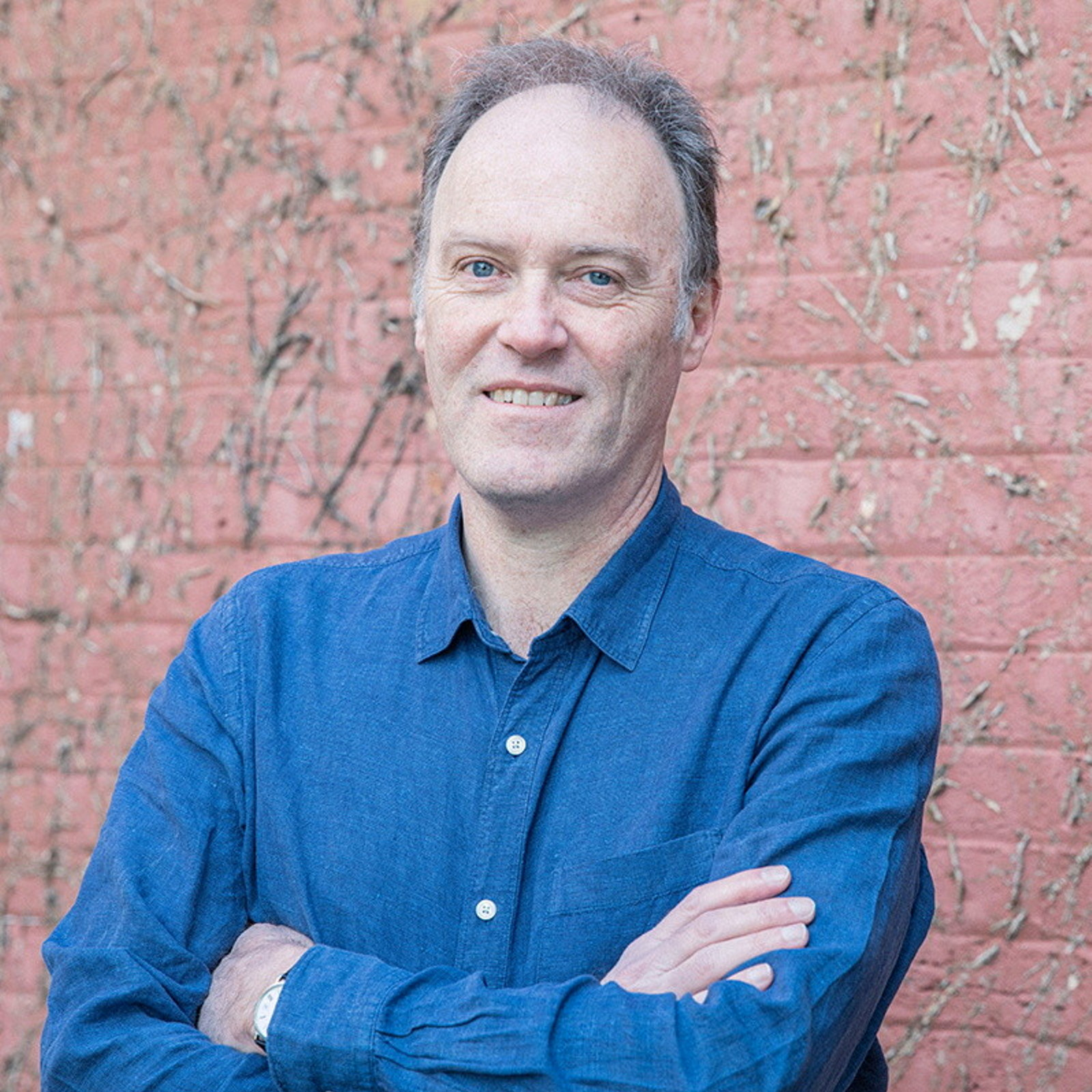Colonial Caledonian: in search of the early Scottish musical experience
A new short film, ‘Colonial Caledonian’, follows Dr Brianna Robertson-Kirkland, from the Royal Conservatoire of Scotland, on her exploration of early Scottish sheet music held in MHNSW collections.
In 2017, Dr Robertson-Kirkland received funding from the University of Glasgow’s Ross Fund, which offers researchers the opportunity to examine materials held outside Scotland that relate to the history of Scotland, the Scottish people and their influences abroad. The month-long exploratory survey focused on the Stewart Symonds Sheet Music Collection, recently acquired by the Caroline Simpson Library & Research Collection, which contains some of the earliest surviving examples of Scottish sheet music brought to Australia in the 19th century.
In the late 18th and early 19th centuries, a tradition of collecting and preserving Scots songs in print grew out of a fear that this heritage was disappearing. This domestic music repertoire was designed and printed for the growing middle class and brought to Australia by Scottish immigrants, among others.
Dr Robertson-Kirkland explored the relationship between popular Scots songs in Britain and Australia during this period and sought out Scottish publications which are now rare in Britain. In March 2017, at the Sound Heritage Sydney symposium held at Elizabeth Bay House, Brianna presented her preliminary findings, ‘Music from Home: Sydney Living Museums’ Sheet Music Collections and the Scots in Australia’, along with a performance of two 18th century songs, ‘Morag’ and ‘If a Body Meets a Body’ from the Stewart Symonds collection.
Brianna’s visit has enabled SLM to look more deeply at its sheet music collections and explore new ways this material can be shared further afield. Over the next 12 months the sheet music examined by Brianna and discussed in this film will be digitised and made available through the SLM’s online sheet music page at Internet Archive and performance opportunities also explored.
Published on
Related
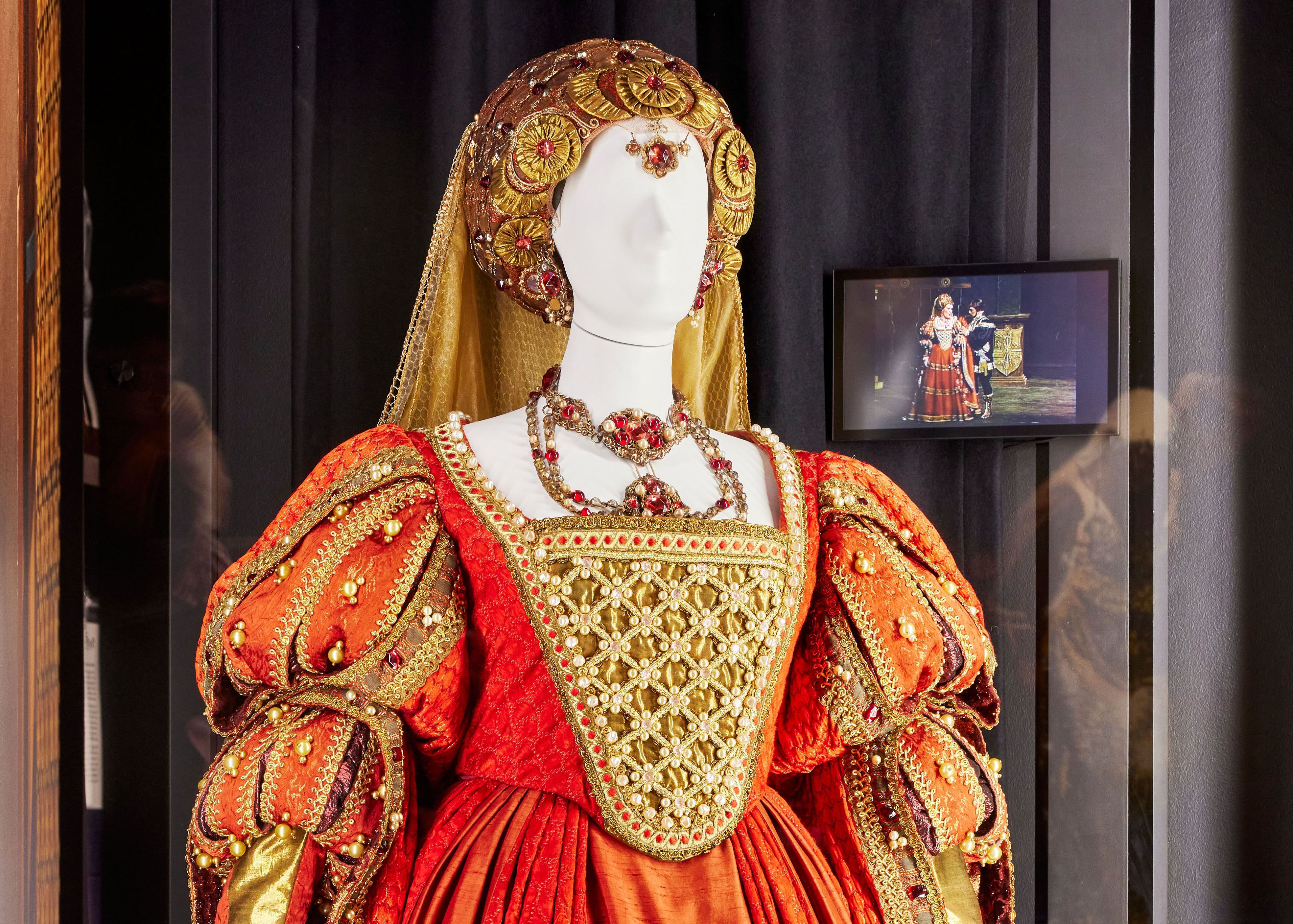
Dressing Joan Sutherland
One of the most spectacular costumes on display in the exhibition The People’s House: Sydney Opera House at 50 is an extraordinary Renaissance dress designed by Kristian Fredrikson and worn by Dame Joan Sutherland in the part of the notorious Lucrezia Borgia
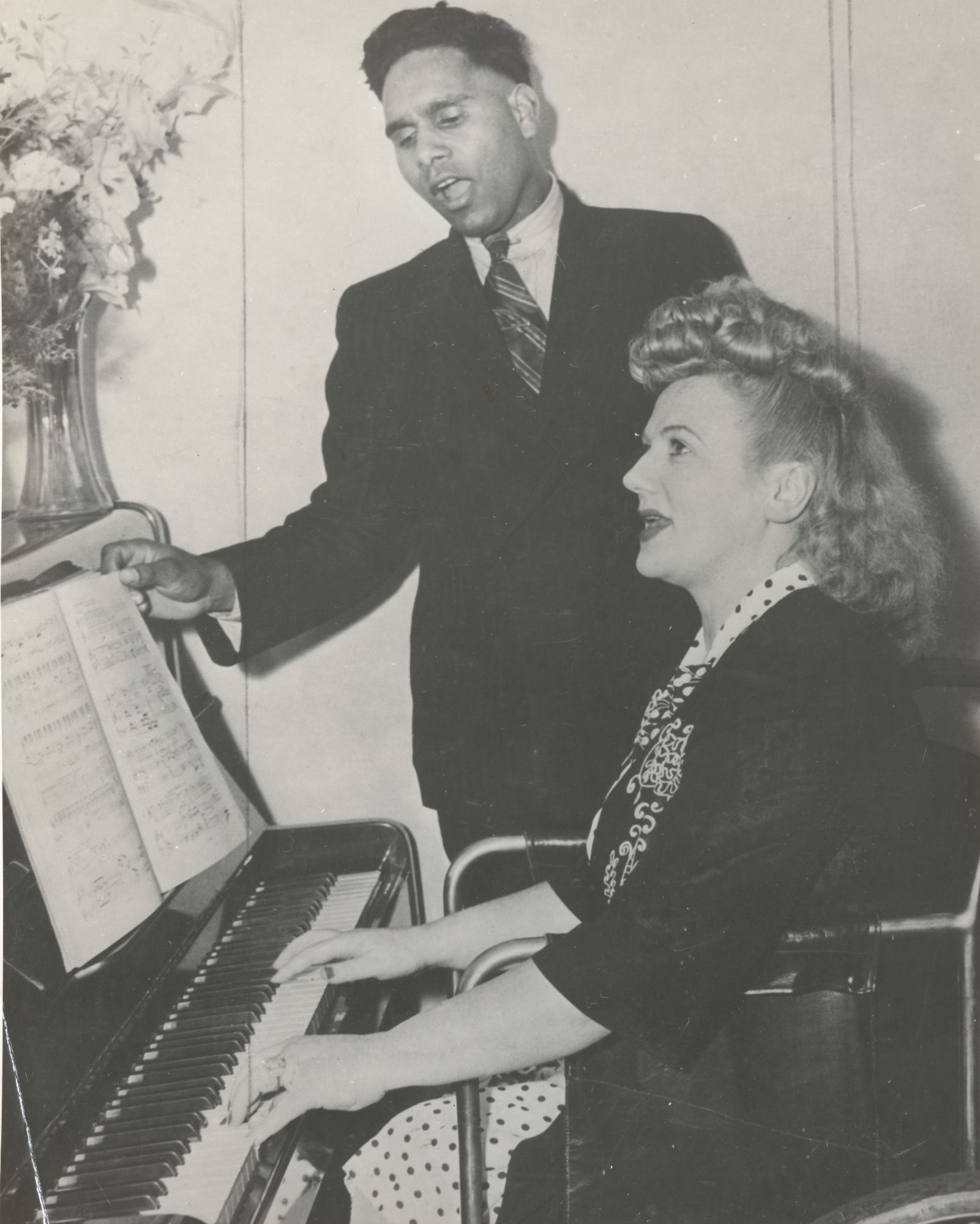
Paving the way ... Harold Blair: The first Aboriginal opera singer
A short documentary that offers a glimpse into the life of Harold Blair, a world-renowned tenor, family man and political campaigner who sought social justice and human rights for Australia’s First Nations people
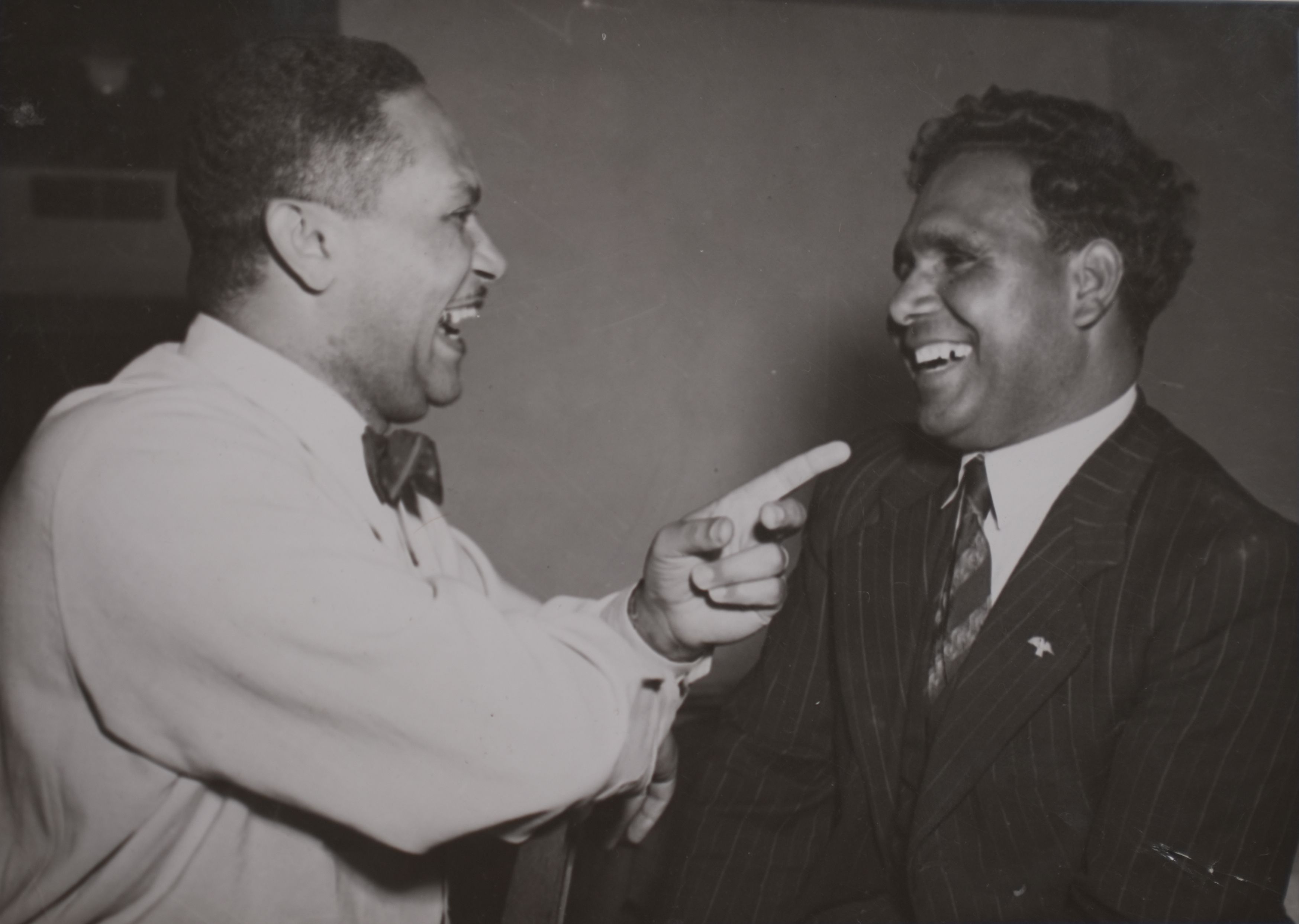
Harold Blair, trailblazer
Wulli Wulli tenor Harold Blair AM was Australia’s first professionally trained Aboriginal opera singer
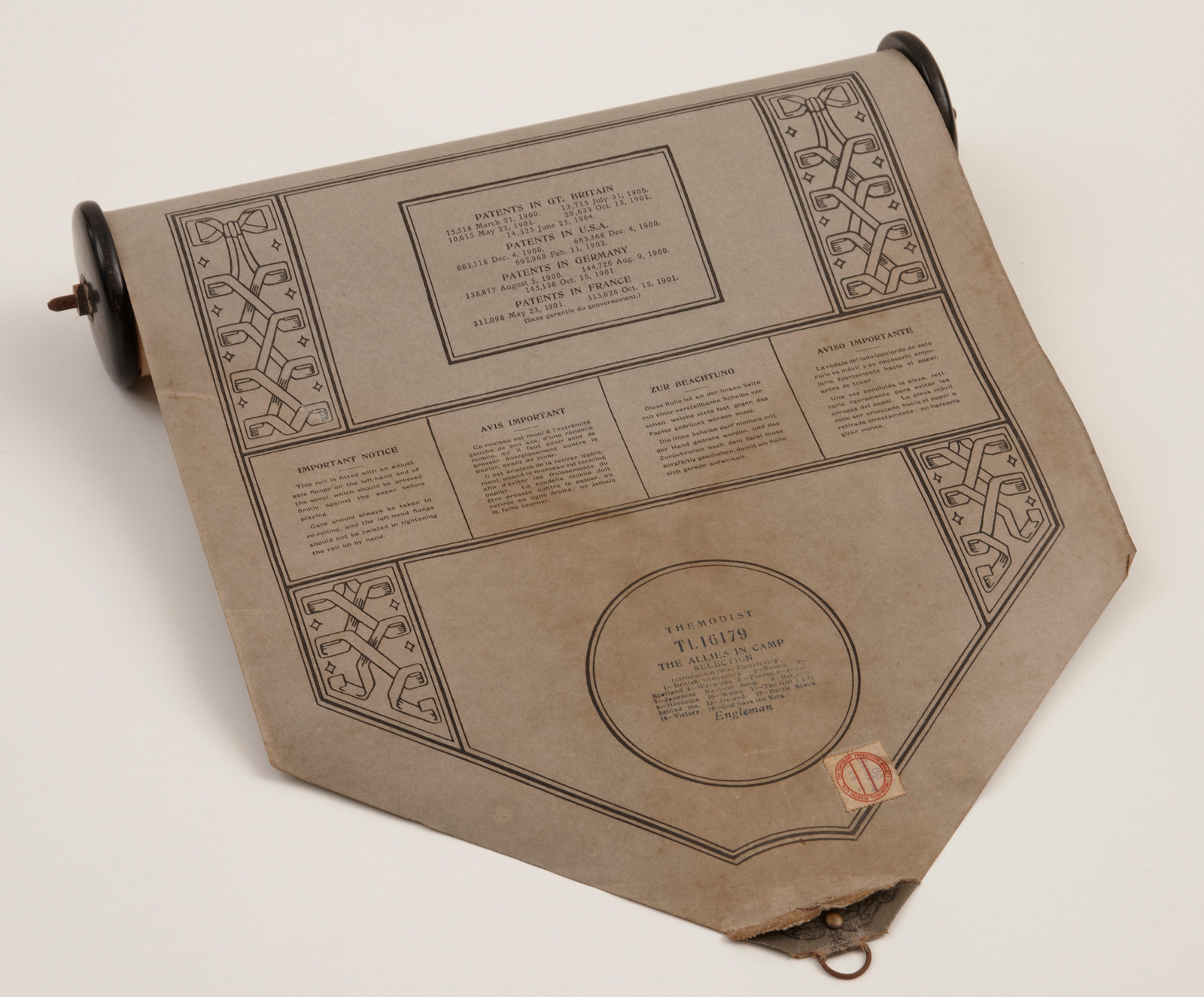
WW1
The Allies in camp music roll
Rouse Hill house boasts a fine pianola, a player piano, which came into the house just a few years before the outbreak of World War I
